/de8c12cd-74ae-4927-b6ed-cb816603493d.png)
Effective Self Evaluation Examples for Schools and Children | Assess Progress of Pupils
Review Rating Score
Self-evaluation is an important skill for young students to develop. It helps them to reflect on their learning, identify areas of strength and growth, and set goals for the future. As a school, it's important to provide children and pupils with the tools they need to effectively self-evaluate. At BizzLibrary.com, we understand the need for quality resources, which is why we've created self-evaluation examples that children and pupils can use to develop this essential skill.
What is Self-Evaluation?
Self-evaluation is the process of reflecting on one's own learning and progress. It involves taking a critical look at one's strengths and weaknesses and using that information to set goals and make improvements. With effective self-evaluation, students can take ownership of their learning and become more engaged and motivated learners.
Why is Self-Evaluation Important for Children and Pupils?
Self-evaluation is a vital skill for children and pupils to develop for several reasons:
- Encourages Self-Awareness: Self-evaluation helps children and pupils to become more self-aware by reflecting on their strengths and weaknesses, values, and learning styles.
- Promotes Goal-Setting: By identifying areas of growth, children and pupils can set achievable goals and work towards improving their performance.
- Develops Critical Thinking: Self-evaluation encourages children and pupils to think critically about their learning, identifying what is working and what isn't, and making adjustments accordingly.
- Enhances Learning: With effective self-evaluation, children and pupils can take ownership of their learning and become more engaged and motivated learners.
Self-Evaluation Examples for Children and Pupils
At BizzLibrary.com, we've put together a collection of self-evaluation examples specifically designed for young learners. Our examples cover a wide range of subjects, including math, science, language arts, and social studies, and are suitable for students at different levels. Here are a few examples of the types of questions we cover:
- What did you learn in this lesson?
- What was difficult in this lesson?
- What questions do you still have?
- What could you do to improve your performance in this subject area?
- What are your goals for the next week/term/year?
Download Our Self-Evaluation Examples
Make self-evaluation a regular part of your students' learning with our self-evaluation examples. They're designed to be straightforward and easy to use, providing children and pupils with a practical way to develop their skills. Download our self-evaluation examples in DOCX format today and help your students become more self-aware, engaged, and motivated learners.
Visit BizzLibrary.com now to access a wide range of educational resources, including lesson plans, worksheets, and more. Set your students up for success with our quality resources!
Is the template content above helpful?
Thanks for letting us know!
Reviews
Shavonne Bender(7/4/2023) - DEU
Thank you for the Doc!!
Last modified
Our Latest Blog
- The Importance of Vehicle Inspections in Rent-to-Own Car Agreements
- Setting Up Your E-mail Marketing for Your Business: The Blueprint to Skyrocketing Engagement and Sales
- The Power of Document Templates: Enhancing Efficiency and Streamlining Workflows
- Writing a Great Resume: Tips from a Professional Resume Writer
Template Tags
Need help?
We are standing by to assist you. Please keep in mind we are not licensed attorneys and cannot address any legal related questions.
-
Chat
Online - Email
Send a message
You May Also Like
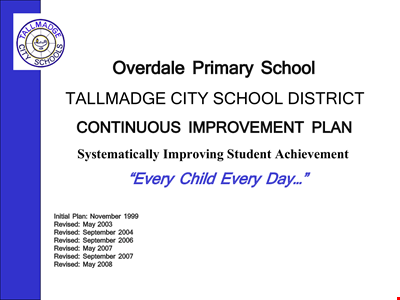
Primary School Continuation Plan Example
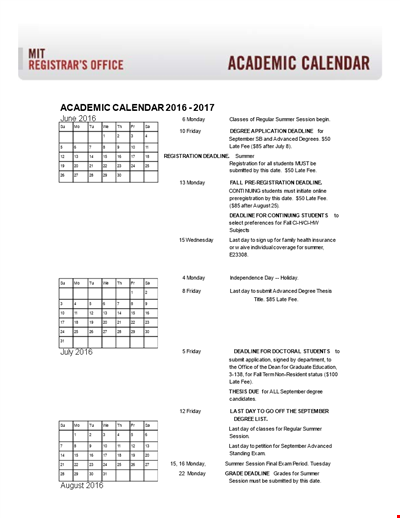
Friday Deadline: College Homework Assistance
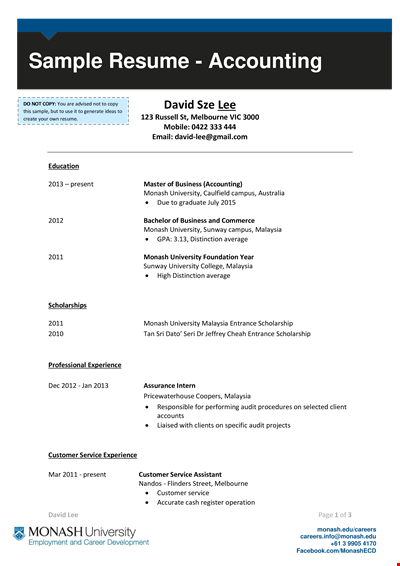
Accounting Graduate with a Strong Foundation from Monash University, Malaysia

SGA Grant Application Form - Request Student Grant
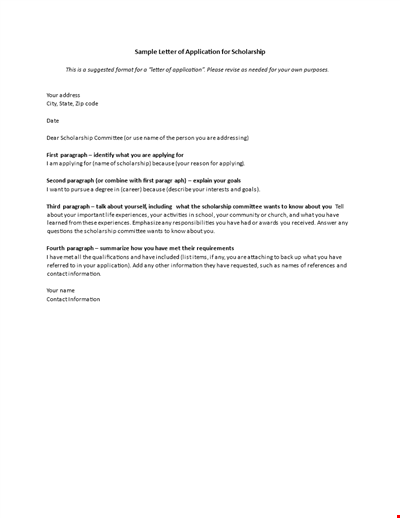
Scholarship Application Letter Formats that Appeal to the Committee
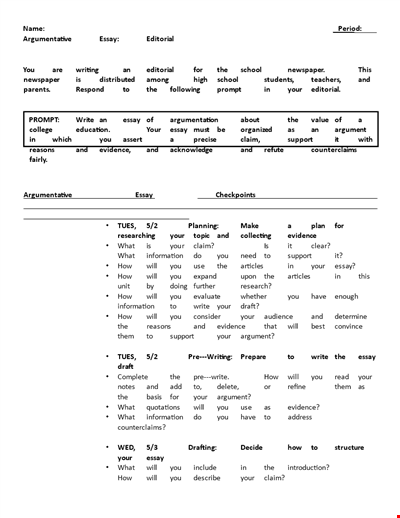
High School Argumentative Essay Sample - Strengthen Your Claim with Persuasive Arguments

Write an Impressive College Scholarship Admission Essay and Stand Out

Science Graduate School Personal Statement Example | Graduate in Biology | Studies in Plant Courses
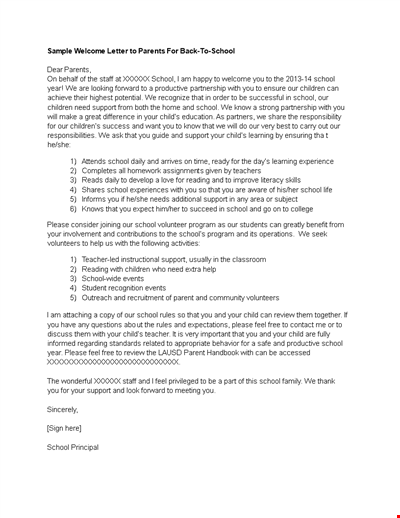
Elementary School Letter Template - Support Your Child's Education with This Powerful Resource
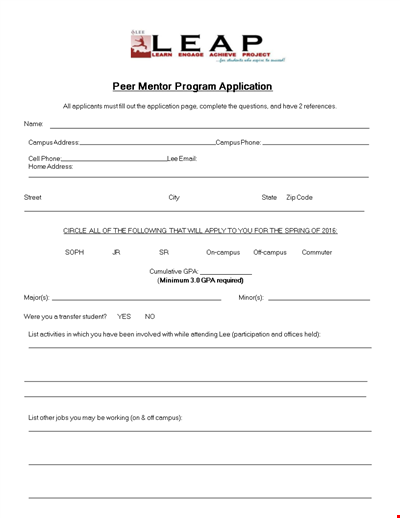
Peer Mentor Application Template | Student Campus Mentor Application
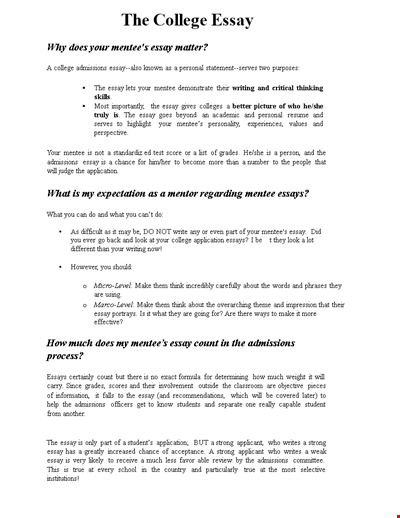
College Graduate Essay Sample – Impressive Application, Admission Essay, and Mentee Essays

Scholarship Application Letter: Experience a Community Program for Jewish Students
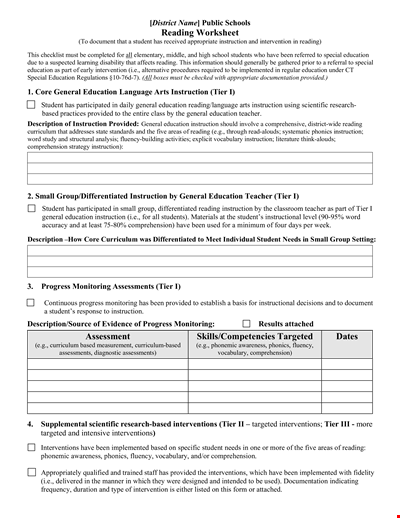
Provided Interventions for Reading | Ed Student Resources
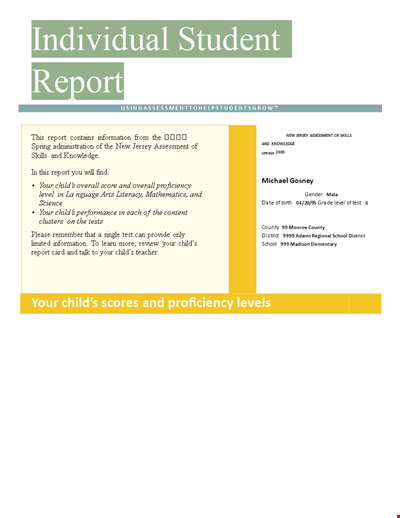
Individual Student Scores - Promoting Proficient Achievement in Formal Education

College Application Essay Template - Expert Guide for College Essay Writing
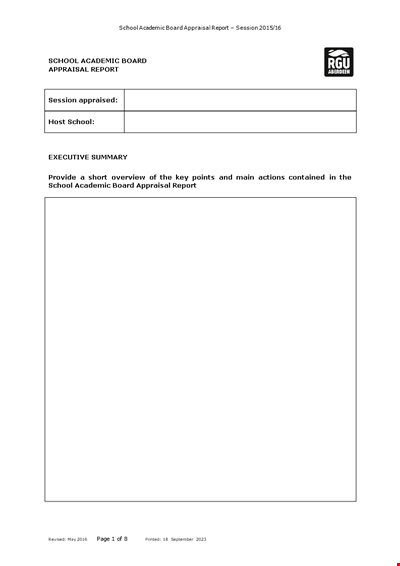
School Academic Appraisal